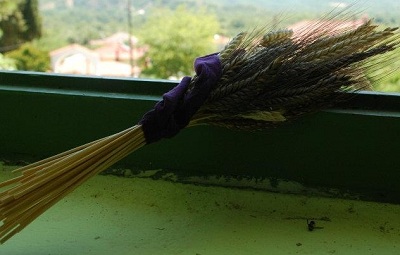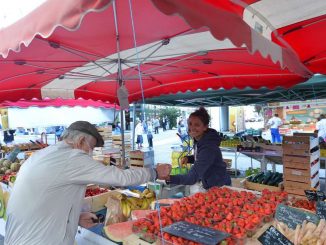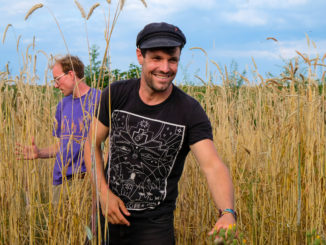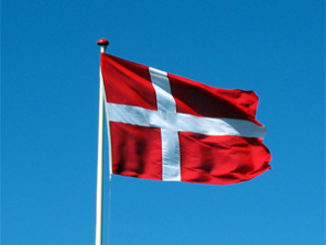Proposed changes in the EU seed directives will introduce a “light procedure” to register traditional and conservation varieties, while at the same time relieving the quantitative marketing restrictions for these seeds. While welcoming the proposal, Danish organic farmers still fear that the interests of big agro-industrial seed companies will be dominant.
 Old grain varieties popular in Denmark
Old grain varieties popular in Denmark
Danish organic farmers have had a great success in marketing conservation varieties of wheat and rye – predominantly the so-called ‘ølandshvede’, a wheat orginating from the Swedish island Oland, re-cultivated in 1995 by Swedish agronomist Hans Larsson. The baking properties of this particular wheat variety is much in demand by Danish consumers, and along with ‘svedjerug’, a rye variety dating from the ages of ‘slash-and-burn’-farming, ølandshvede has become iconic of ‘New Nordic Cooking’.
The Danish AgriFish Agency has supported organic farmers growing and marketing these varieties. According to organic farmer Anders Borgen, one of the farmers growing these varieties, if current EU seed directives to be interpreted strictly, this makes the agency an accomplice in organized crime: For starters, these varieties rarely comply with the EU demands, which state that seeds should be ‘distinctive, uniform and stable’ (DUS).
In the future, proposed harmonisation changes in the seed directive may make it easier for European farmers to exchange seeds and to introduce traditional seeds in the market. Conservation varieties – including vegetable landraces and varieties traditionally grown in certain regions, threatened by genetic erosion – will be exempted from the DUS-demands, and the quantitative limitations of marketing will be removed.
Organic farmers question outcome
Anders Borgen, who represented Organics Denmark in the discussion panel at a meeting in Copenhagen, organised by the Danish AgriFish Agency, welcomed the EU proposal, but still has doubts: “I could have written the proposal myself”, he said, while at the same time advising organic farmers not to have too high expectations: “The current EU seed directive has been written mainly to ensure a stable supply of pig feed and there is still time for the agro-industry to influence the proposal in a negative way: The devil lies in the detail”.
The reactions from major seed company’ representatives were immediate: Old varieties don’t have the same resistance to e.g. fungal diseases as the modern ones, they said. They agreed that farmes should maintain the right to exchange seeds between themselves – but in order to maintain food security, they insisted that limits to the quantity of an old variety entering the market should be preserved.
Anders Borgen agreed that modern varieties are more resistant than the old ones – but blamed the plant breeders: “The old varieties have a lot of final product qualities in high demand by consumers”, he said. “But due to small market size, plant breeding companies haven’t been efficient enough in developing varieties that possess these qualities while at the same timing meeting EU’s demands”.
Twelve directives become one
Pärvi Mannerkorpi of the EU Directorate-General for Health and Consumers presented the proposal at the Copenhagen meeting. She said that the proposal is intended to increase flexibility and reduce costs by reinforcing the role of the Community Plant Variety Office and harmonising test protocols.
New varieties still have to meet DUS-demands, and registration is required for companies wishing to market new varieties. ‘Micro-businesses’ – i.e. businesses with less than ten employees – will be relieved from their financial burden: They may apply for registration from the authorities and have their expenses refunded or exempted. The draft proposal will be adopted by the Commission in the beginning of 2013, followed by a co-decision procedure of the Parliament and the Council.




